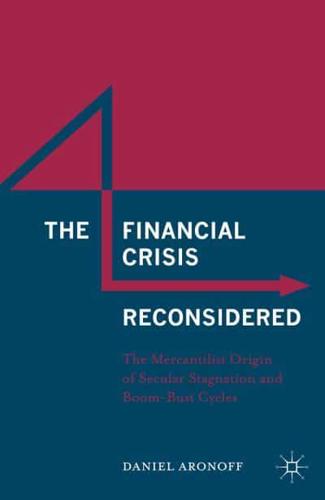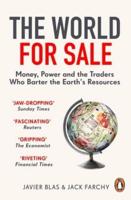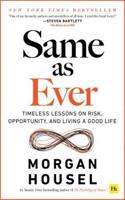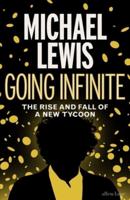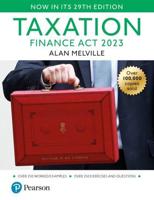Publisher's Synopsis
In The Financial Crisis Reconsidered, Aronoff challenges the conventional view that reckless credit produced the US housing boom and the financial crisis, explaining how the large current account deficit, and its mercantilist origin, was a more fundamental cause. He also demonstrates that the decision to provide relief for bank creditors rather than underwater homeowners was responsible for the prolonged recession that followed the crisis.
Aronoff proposes a novel theory to account for the ultimate origins of secular stagnation and economic volatility. He shows how accumulation, which occurs when a person or country earns more than it ever plans to spend, generates both an excess of saving and a deficiency in demand. While savings provide the funds to promote booms, under-consumption ensures that these booms will turn bust and that the economy will fall short of its potential growth rate. Aronoff argues that mercantilists and top income earners engage in accumulation, and that the influence of both types has grown in recent decades. Combining economic theory and historical narrative, this book offers a new perspective of the housing boom and the financial crisis, concluding with innovative policy proposals to reduce accumulation without compromising the benefits of a market economy.


